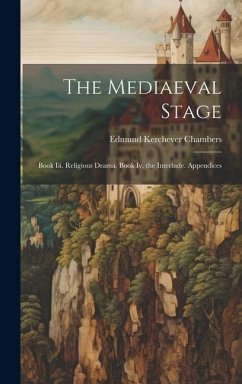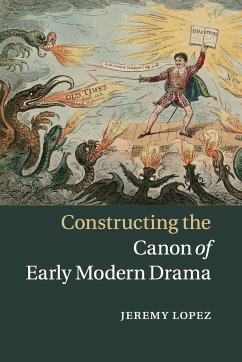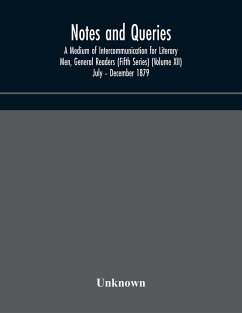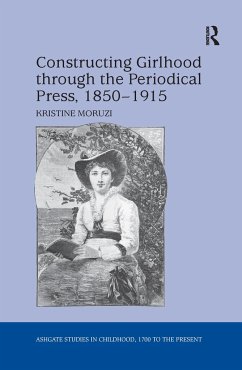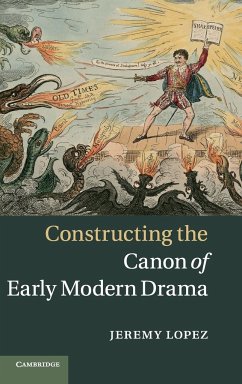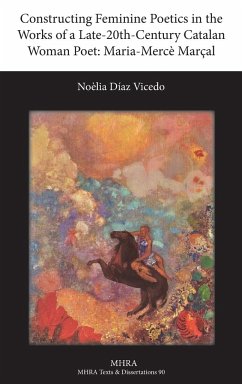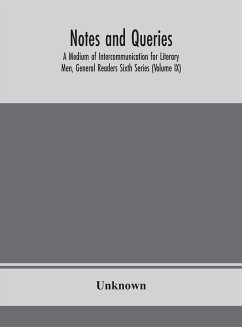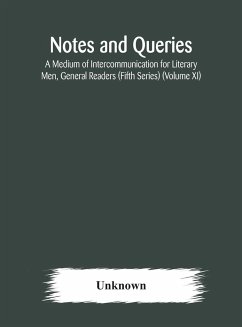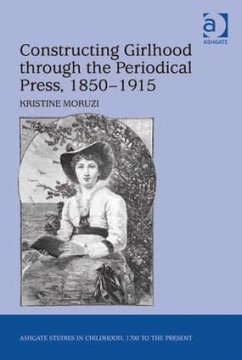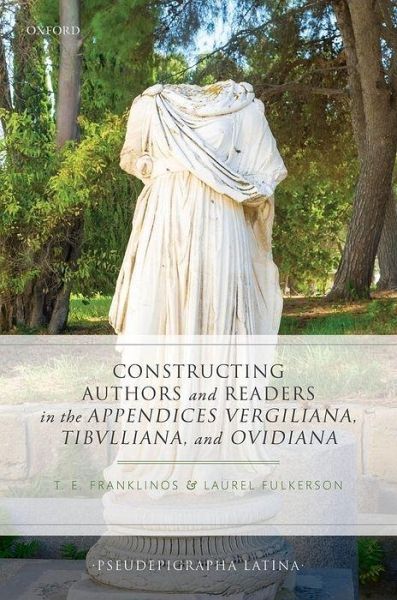
Constructing Authors and Readers in the Appendices Vergiliana, Tibulliana, and Ouidiana
Versandkostenfrei!
Versandfertig in 1-2 Wochen
125,99 €
inkl. MwSt.

PAYBACK Punkte
63 °P sammeln!
The Augustan period in Rome was a golden age for poetry, and also the age in which the cult of the author began in the west. By examining some early poetic understandings of what it might have meant to be Vergil, Ovid, and Tibullus, Constructing Authors and Readers in the Appendices Vergiliana, Tibulliana, and Ouidiana explores what those authors meant to near-contemporaries, and what the construction of authorship they were a part of meant to the later western tradition. Constructing Authors and Readers in the Appendices Vergiliana, Tibulliana, and Ouidiana takes its starting point from the A...
The Augustan period in Rome was a golden age for poetry, and also the age in which the cult of the author began in the west. By examining some early poetic understandings of what it might have meant to be Vergil, Ovid, and Tibullus, Constructing Authors and Readers in the Appendices Vergiliana, Tibulliana, and Ouidiana explores what those authors meant to near-contemporaries, and what the construction of authorship they were a part of meant to the later western tradition. Constructing Authors and Readers in the Appendices Vergiliana, Tibulliana, and Ouidiana takes its starting point from the Appendices attached to three major Augustan poets, exploring how their different conditions of production, and the differences between their authorising authors, result in different notions of what an appendical text 'ought' to contain. So, for instance, Vergil's biography leaves ample room for 'juvenilia', while Ovid's does not; the Tibullan appendix explicitly engages with a wider poetic community. Moving beyond questions of forgery and deception, some chapters ask how we would be able to know the difference between texts of genuine and of disputed authorship, given that most of the stylistic features that distinguish authors are replicable. Other chapters make the case for re-evaluation of poems that have been neglected or disparaged, and still others make sense of individual works in their likely context of composition. The volume is the first to treat in conjunction the majority of the appendical works ascribed to Vergil, Ovid, and Tibullus, and to draw connections across corpora.



